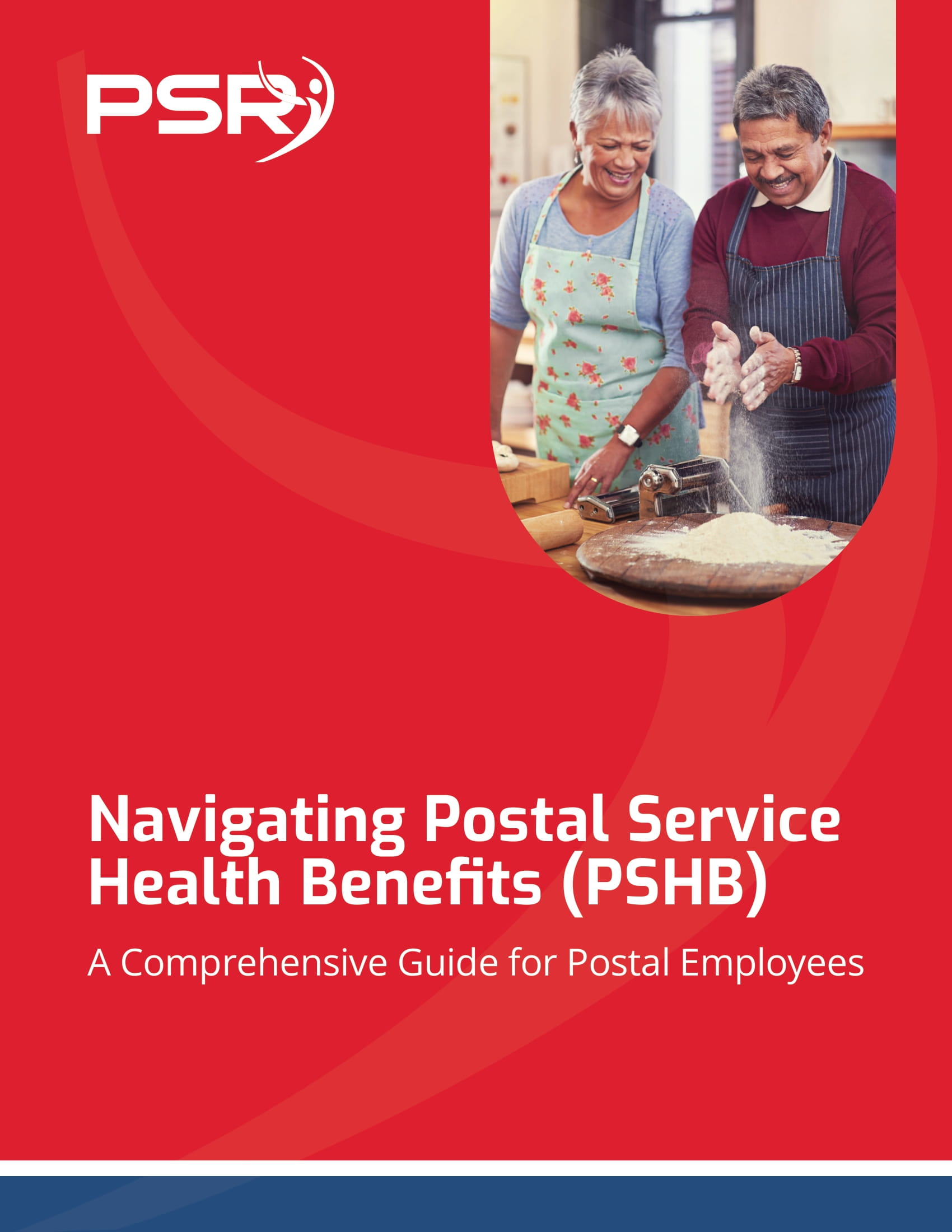 Federal IRS employees
Federal IRS employees
Federal IRS employees yet again bear the brunt of the public’s displeasure about their service in 2015. The service levels given to customers in 2015 are at an all-time low, but one that many realize is not the individual employee’s fault.
IRS Customer Service?
- Also Read: Divorce and Your Federal Pension—What Happens When You Split Assets and How It Could Affect Your TSP
- Also Read: What Happens to Your Federal Benefits After Divorce? Here’s the Lowdown
- Also Read: The Best FEHB Plans for 2025: Which One Fits Your Lifestyle and Budget the Best?
The Government Accountability Office confirms that customer service on the phone for the IRS hit an all-time low in 2015. Last year, 51 million Americans called the IRS for help, advice or to ask a question about the ever-increasing complexity of US tax laws. Unfortunately the vast majority of these calls go unanswered.
More Complex, More Help
The last real overhaul of the tax code was in 1986 and even that only closed loopholes that amounted to recovering 6% of tax losses. Instead, since then, tax code has substantially increased in complexity as lobbyists continually search for the next benefit in a loop-hole to their clients. As this code gets ever-larger, the average client has more difficulty in understanding their obligations requiring either professional help or advice from the IRS.
Unfortunately, in 2015 the IRS itself had to deal with 15,000 fewer employees and $1.2 billion fewer dollars than just five years earlier in 2010 due to federal cut backs. If you were hoping the recent hiring of 1000 IRS employees will help with this in 2016, it probably will not. These employees have to be trained and may not be on the “front line” answering calls by the time you need them.
How to Get Answers?
Another result of the system as it stands is the system is complex and inefficient. Your best bet to actually get answers to your questions is to contact a professional that is not with the IRS. If you already have an accountant or tax professional they would be your best bet to get a question answered. If you do not have one of these professionals on speed dial or email, your options are limited.
First, you might want to scour the IRS website to see if your answer is posted in their information sections. Generally, their website is quite helpful in most situations, if you know how and where to look. Getting acquainted with its layout would be helpful. Another option is to post questions in public forums where some of these tax professionals may be. Of course, you need to be extremely careful as any advice taken is still up to you to verify or trust of your own accord; after all it will be your tax form submitted.
However, at the end of the day, with less 1% of all Americans getting audited in a given year, your chances are quite small. The next time you want to get upset at an IRS federal employee, remember they are severely understaffed for the volume expected. It might be better to get angry at your member of congress to effect change.









